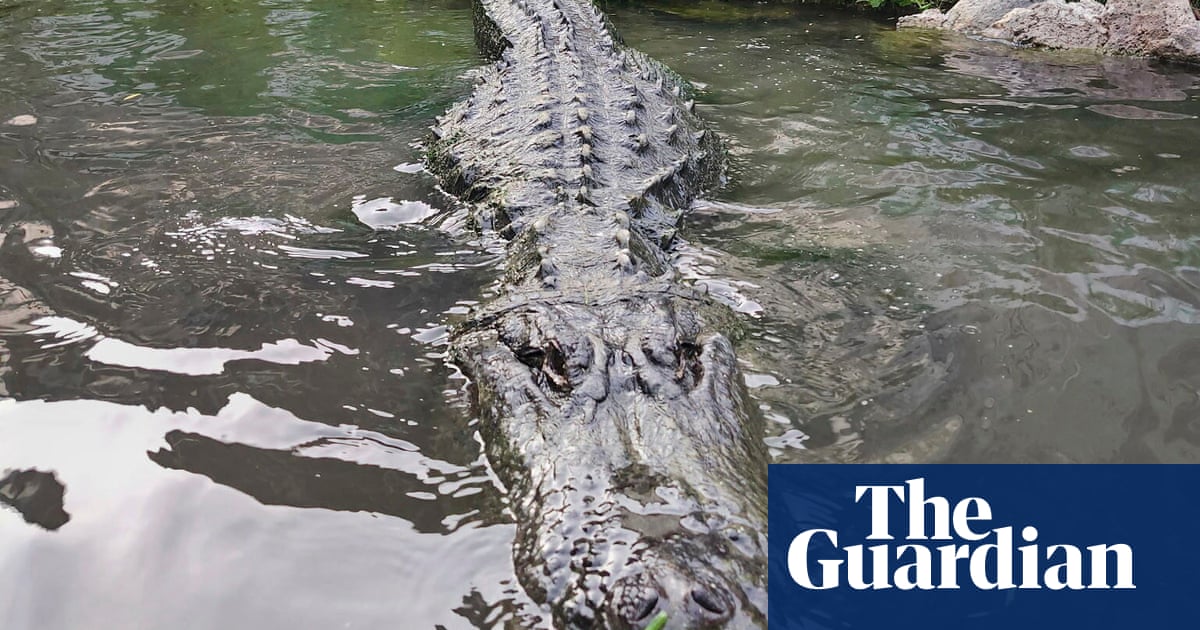Morris, a famous alligator known for his appearances in movies and TV shows, most notably the 1996 comedy Happy Gilmore, has died at around 80 years old at theColoradoGator Farm.
Adam Sandler, star of Happy Gilmore, posted a tribute to Morris inan X poston Wednesday, recalling the reptile’s diva-like behavior on set.
“We are all gonna miss you,” Sandler wrote. “You could be hard on directors, make-up artists, costumers – really anyone with arms or legs – but I know you did it for the ultimate good of the film,” Sandler wrote. “The day you wouldn’t come out of your trailer unless we sent in 40 heads of lettuce taught me a powerful lesson: never compromise your art.”
He added: “I will miss the sound of your tail sliding through the tall grass, your cold, bumpy skin, but, most of all, I will miss your infectious laugh.”
Morris’ iconic confrontation with Sandler’s titular character in Happy Gilmore after he consumes a golfball is widely believed to be the alligator’s strongest on-screen performance.
Measuring nearly 11ft and weighing 640lbs, Morris had a long Hollywood career beginning in 1975 after being rescued from an illegal pet situation in Los Angeles. Though his exact age is unknown, the reptile was estimated to be over 80 years old based on his growth rate and tooth loss. He retired in 2006 and spent his final years at the Colorado sanctuary.
Morris featured in several major films such as Interview with the Vampire, Dr Dolittle 2, and Blues Brothers 2000, as well as TV shows like Coach and The Tonight Show with Jay Leno. But undoubtedly his most iconic role was alongside Sandler in the golf-centered comedy.
The Gator Farm, where Morris was cared for in his later years, announced plans to preserve his body through taxidermy, honoring his legacy and continuing to educate and entertain visitors.
“We have decided to get Morris taxidermied so that he can continue to scare children for years to come,” the farm shared onFacebook. “It’s what he would have wanted. We went ahead and made a video of his weight so folks could understand how massive he really was. Thanks for the wonder things everyone has had to say about him.”
Meanwhile, Sandler and a handful of new and returning cast members are preparing to release a sequel to Happy Gilmore this summer on Netflix. It remains to be seen whether the long-awaited film will include a tribute to Morris.
